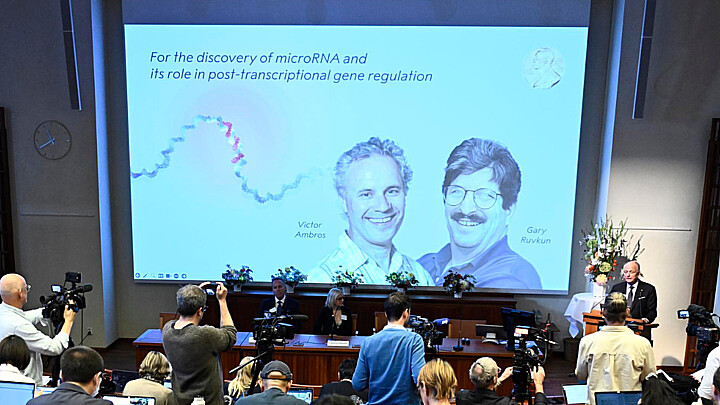Health
A new, more harmful, and transmissible HIV variant found
AIDS continues to be the most lethal pandemic of our time
February 8, 2022 1:34pm
Updated: February 8, 2022 5:40pm
Recent research in the Netherlands revealed the existence of a new, more transmissible, and more harmful variant of the Human Immunodeficiency Virus (HIV).
The discovery published in the journal Science reminds us that viruses do not necessarily become less dangerous as they evolve.
"We should never underestimate the potential for viral evolution," Joel Wertheim, a professor of medicine at the University of California, San Diego, told NPR.
"Even after 100 years of infecting humans, HIV still has the ability to evolve and change," he continued. "Let this study stand in stark contrast to the claim that all viruses will inevitably evolve to be benign."
Those living with the new subtype are experiencing twice as much immune system impairment (CD4 counts) and have higher viral loads. They are also vulnerable to developing Acquired Immune Deficiency Syndrome (AIDS) two to three times faster after diagnosis.
The finding claims that the variant has been circulating in the Netherlands for years and remains responsive to treatment.
According to UNAIDS, this discovery highlights the urgent need to "contain the pandemic and reach everyone through testing and treatment."
HIV continues to claim a life every minute, and scientists have been concerned about the disease for years.
UNAIDS says the new variant does not pose a significant threat but demonstrates that it is imperative to accelerate the UN campaign to eradicate AIDS.
The Program's deputy executive director, Eamonn Murphy, said that around 10 million people are living with HIV and are not receiving antiretroviral therapy, which "fuels the continued spread of the virus and the possibility of new variants emerging."
"We urgently need cutting-edge medical innovations to reach communities most in need. Whether it's HIV treatment or COVID-19 vaccination, inequities in access to vaccines perpetuate pandemics in a way that hurts us all," he said.
AIDS remains the deadliest pandemic of our time, according to UNAIDS. Since it was first discovered in the early 1980s, an estimated 79 million people have been infected. Thirty years later, there is still no vaccine or cure.









